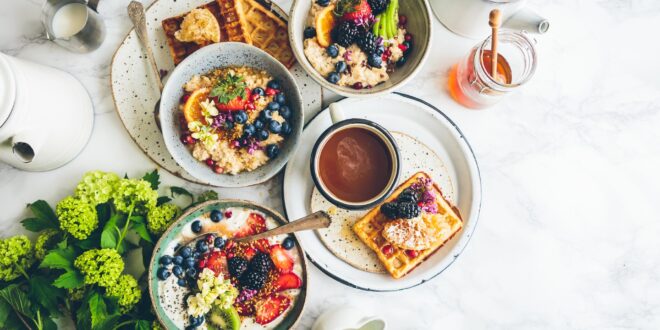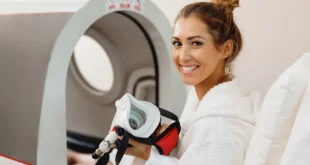Being a vegan is something that many people couldn’t understand a few decades ago, but nowadays it’s one of the most uprising lifestyles and it’s definitely more than just “a diet plan.”
However, there’s something called “transitioning” when you’re eating a “normal” diet for the most part of your life and you suddenly want to switch over to being vegan, and this part of the entire journey is probably the most difficult one.
Don’t get us wrong, we have nothing against meat-eaters and those who enjoy their products of animal origin, however, not everyone can be on such a diet for a long time. Some people are forced to switch over to eating plants only because of health-related reasons.
Anyway, the point of today’s article is not to discuss which lifestyle is better. Instead, we’re here to help you learn more about the transitioning part when it comes to becoming a vegan. Here are seven really important things that you need to have in mind when transitioning to a vegan lifestyle. Let’s learn together.
Table of Contents
1. Unless it’s a health issue, you don’t have to dive right into it
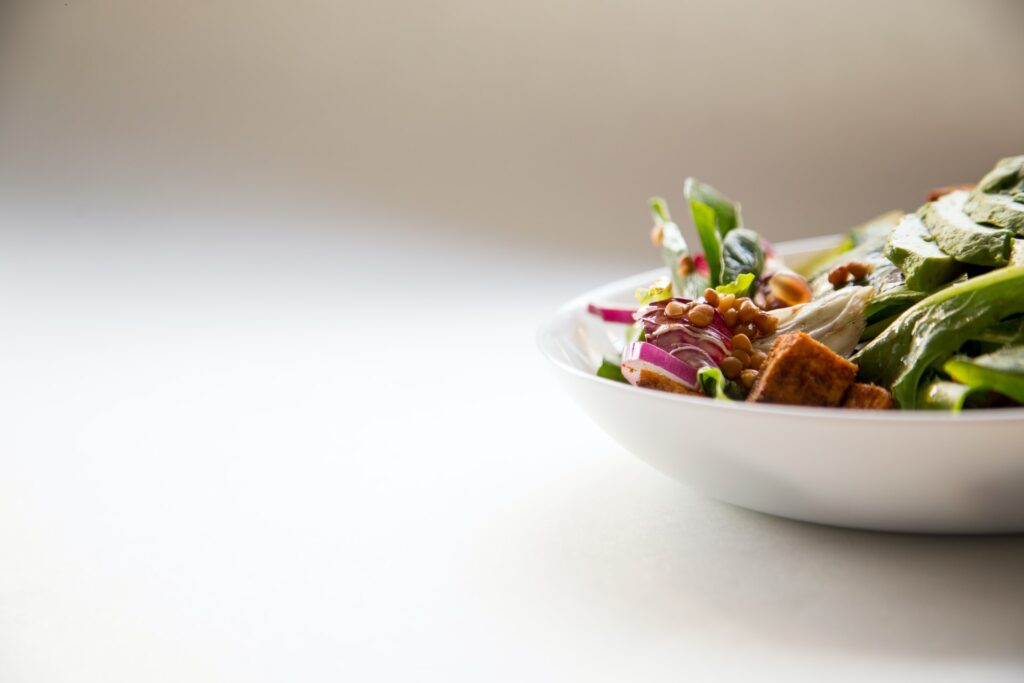
Take it slow, start by making the most of your diet plant-based instead of completely eliminating everything else in it besides veggies and fruits. Try experimenting with your meals and recipes. Kathy’s Vegan Kitchen and other vegan blogs have tons of tasty vegan recipes you could try out.
Your body is not a machine, well, sort of, but it definitely feels the “shock” when you suddenly remove all of those things you’ve been eating for decades. As we all know, shocking your body is not a really smart thing to do, unless you’re shocking your muscles which is something Arnold Schwarzenegger would be proud of. Jokes aside, you don’t have to take it very seriously for the first few weeks because you’ll only make it more difficult for you to adapt, and you can even end up giving up. So as the first step, make it a baby step.
2. It is not the cheapest dieting style a person can have
This is especially true if you are someone who works out on a regular and needs to consume quite a lot of calories throughout the day. As we all know already, plants and veggies are not too heavy on calories. You’ll have to eat a lot of quantity-wise, and pay a lot for that food as well. I’m not sure if you’ve noticed, but for some strange reason, we live in a world where healthy food is more expensive than fast-food for example, even though fast-food keeps you “fuller” for a longer time.
If you are really strict with macronutrients and you’re following a pretty “tight” diet, then you’ll have to prepare a serious part of your monthly income and dedicate it to your new vegan lifestyle.
3. You can use supplements to fill in gaps in your macros
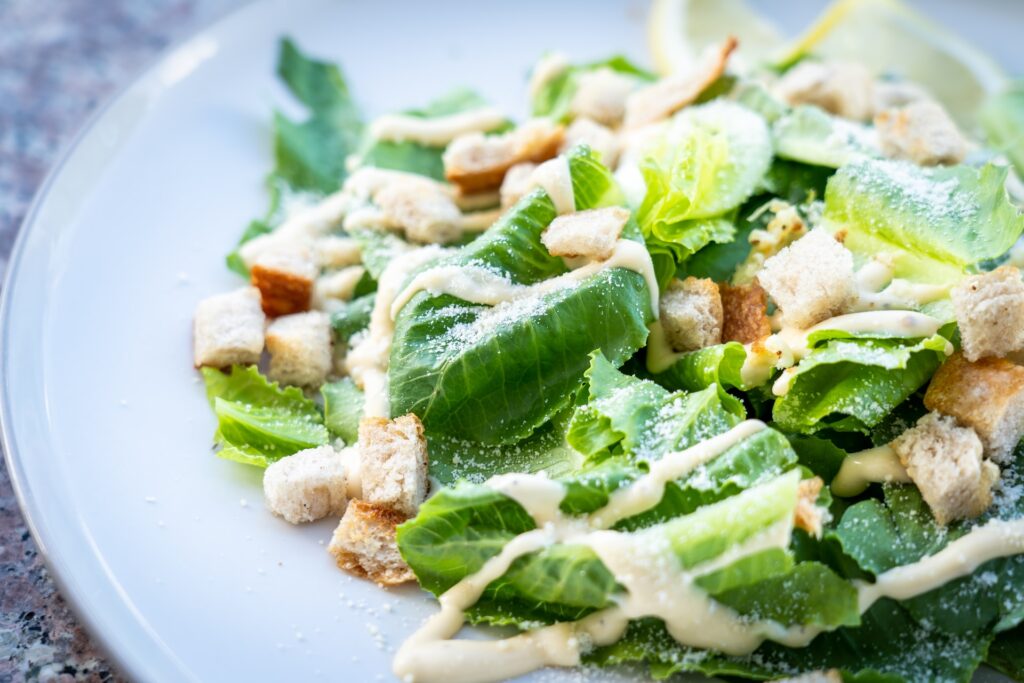
For most meat-eaters, the first question that pops in their mind when considering a vegan lifestyle is “How will I get enough protein now that I don’t eat any meat?” But, this is actually a pretty serious question and we shouldn’t make fun out of it. Plant-based foods are indeed much less protein-rich, but thankfully, we have supplements. Now we’re not sure how much you’ll really like a beans-based protein powder, but you get used to it after some time. They are not really cheap, however, but then again, being a vegan is not as cheap as a whole. And while we are at supplements, click here to learn more.
4. It’s going to be difficult if you don’t like the food
If you finally make the decision to become a vegan then you should give your best to stick to it. However, if you don’t like eating that type of food at all, it’s going to be quite difficult to stay on this path. Or, you’ll have to keep eating it until you end up liking it. This will probably be the case if you have to transition due to health-related reasons. This is why we recommended taking things slow and do a “mix” of a diet until you fully transition to eating plants only.
5. You may feel low energy levels at the beginning
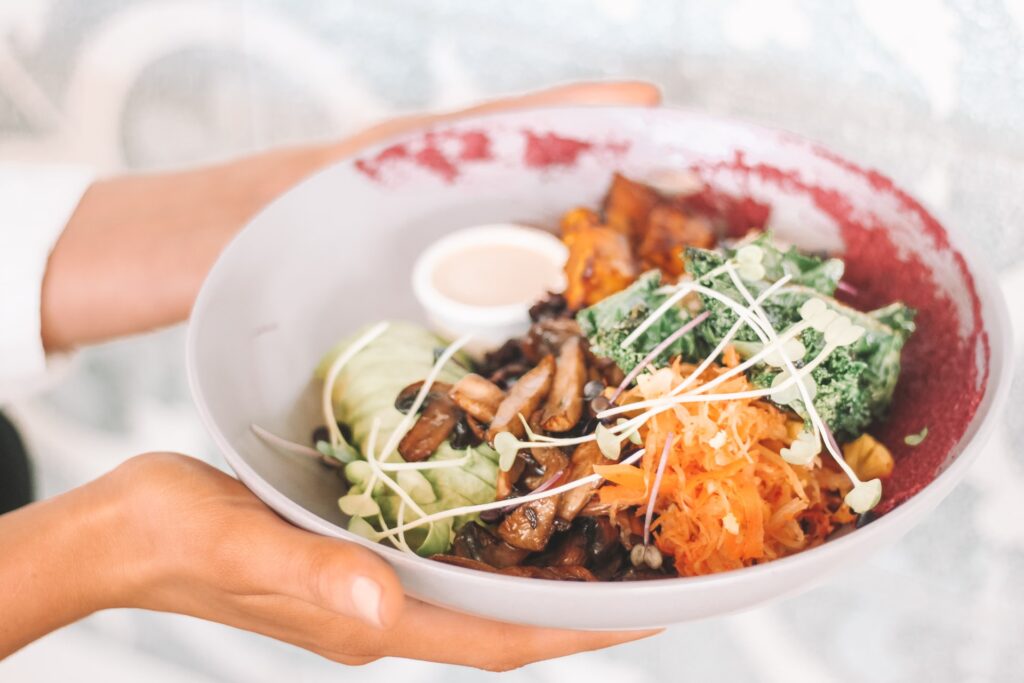
Chances are that you won’t eat enough food during the first few weeks, simply because you’re not used to eating plant-based meals, and you’ll probably think that the food you’re consuming has more kcal than it does. If your goal is to lose weight then this is completely fine, eating in a caloric deficit is how you drop extra weight. However, if the goal is to gain weight or train hard, I’m not so sure how it’s going to turn out for you during the starting period.
6. You should get your blood work done beforehand
Making such drastic lifestyle choices require the attention of a doctor. We suggest doing your bloodwork and consulting with your nutritionist before attempting to make such a large decision on your own. Maybe doctors will advise against becoming a vegan, maybe they’ll encourage it, but you have to know before you start.
7. It is possible to train with such a diet
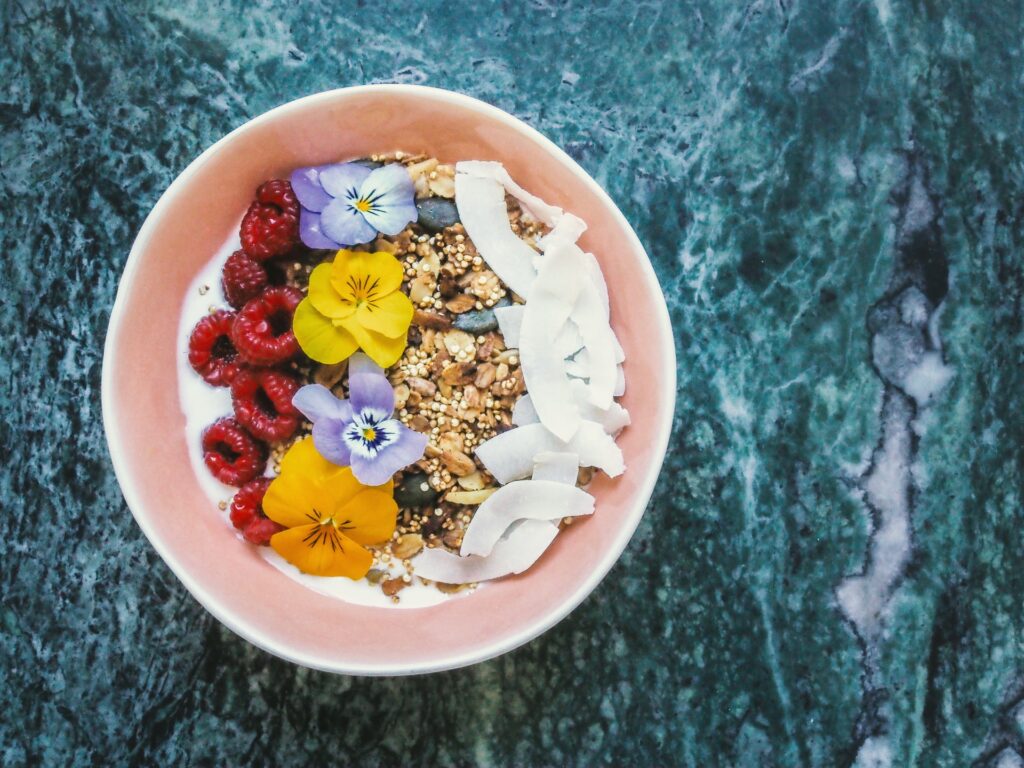
Some say that it’s impossible to train or build muscle with a vegan diet but that is simply not true at all. You’ll have to either eat a lot of food though or use supplements to fill up those macros. But it’s undoubtedly a healthier diet compared to any other. And, being healthier means being stronger, more energized.
Conclusion
Being a vegan is definitely not easy, especially not when you are just starting out and still making the transition. But, once you make it a part of your life, it’s probably the healthiest thing a person can do. If you were wondering whether there’s something important you need to know before you fully transition to a diet including only plants, feel free to check out what we covered in this article. We hope we were useful and we wish you the best of luck with your new lifestyle choice. As always, stay safe and healthy.
 World Magazine 2024
World Magazine 2024
